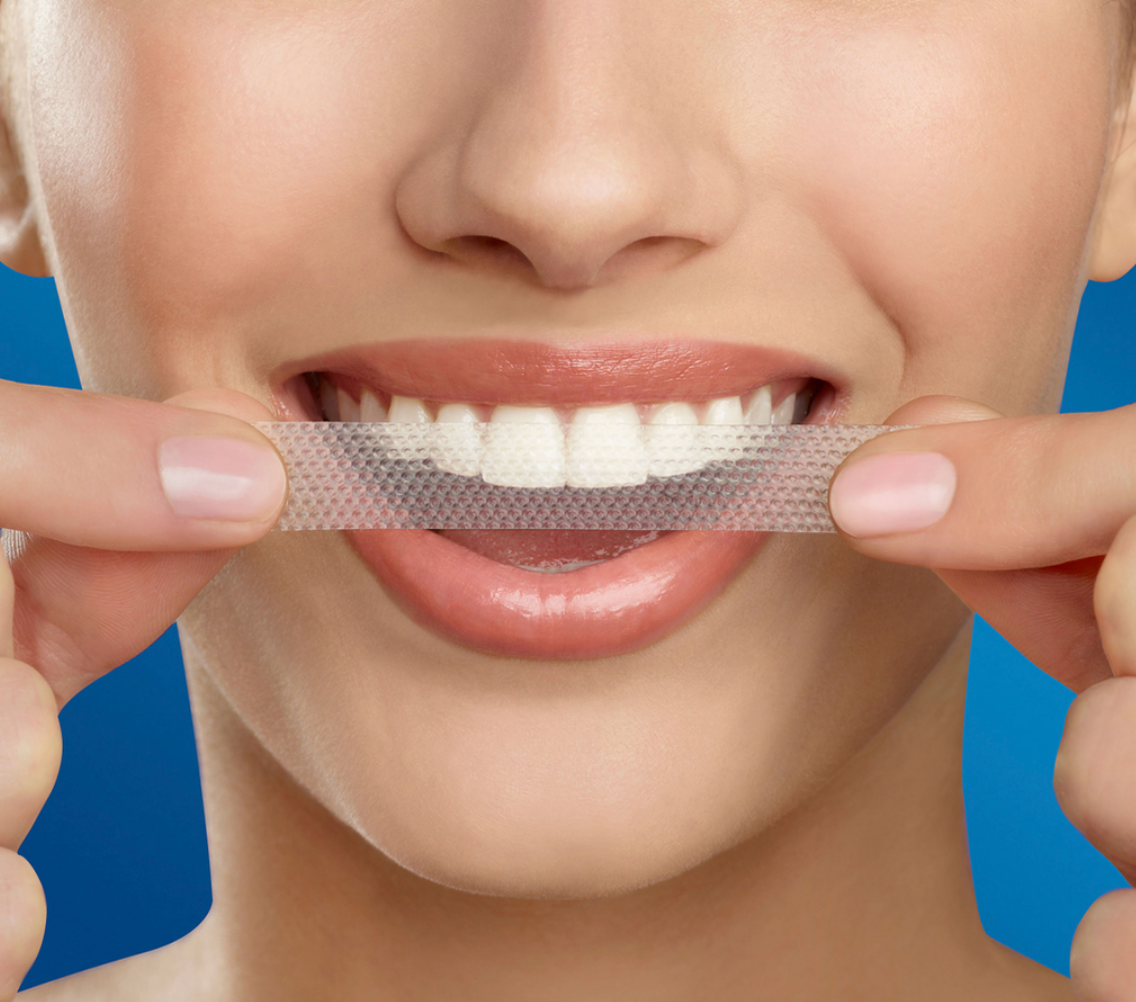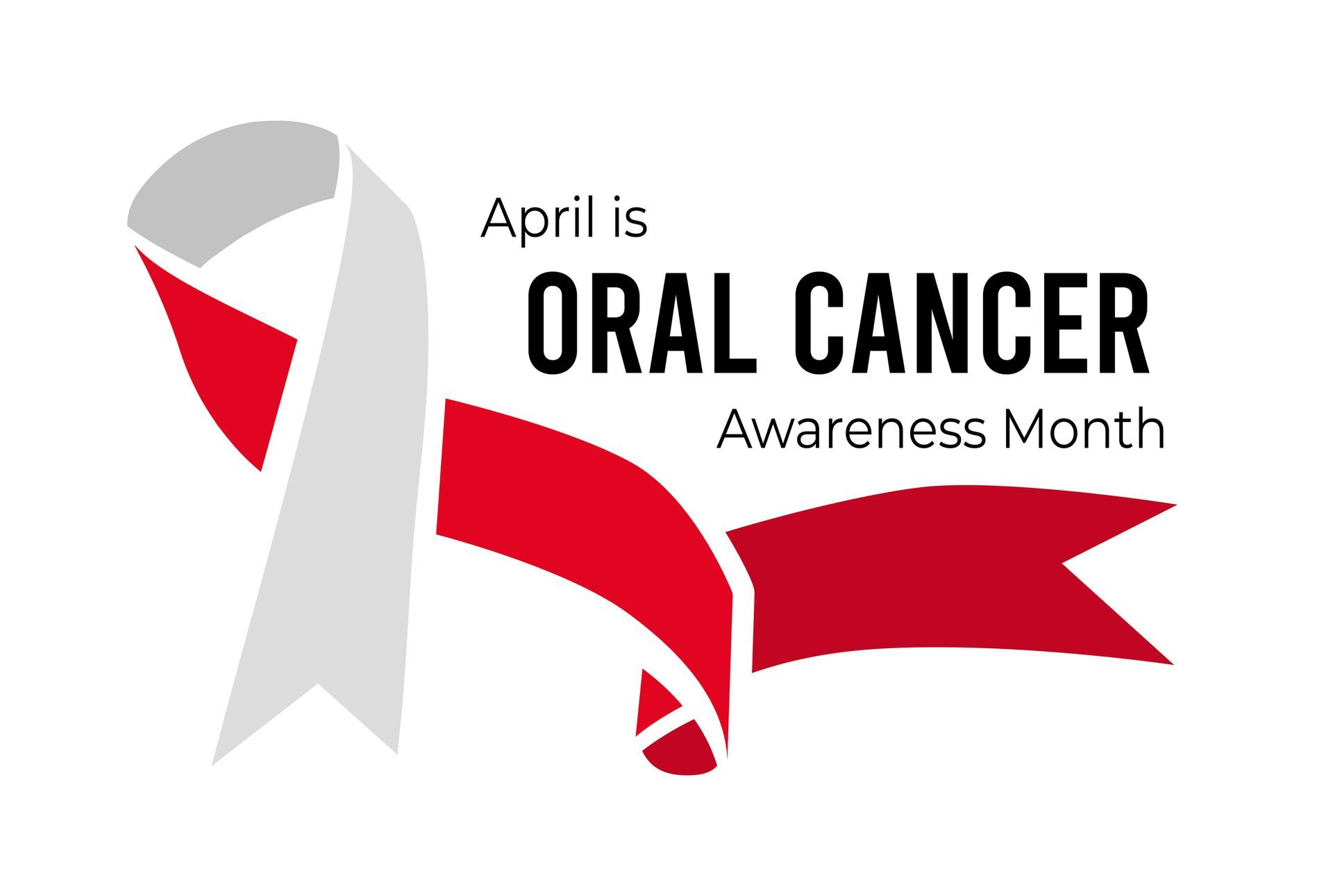Teeth Whitening Strips: You’re Only a Week Away From a Dazzling Brighter Smile!!
The desire for a luminous, white smile has led to the soaring popularity of teeth whitening strips. These over-the-counter products promise to lighten tooth discoloration and offer a convenient alternative to in-office dental treatments. But what exactly are these strips, and how effective are they?

What Are Teeth Whitening Strips?
Teeth whitening strips are thin, flexible pieces of polyethylene coated with a peroxide-based whitening gel. The strips are designed to conform to the shape of your teeth and work by holding the whitening gel in place against them. This allows the peroxide to penetrate the tooth enamel and break down stains that have built up on the tooth surface.
The Whitening Process
When you apply a strip to your teeth, the peroxide comes into contact with your enamel and begins its bleaching action. This process involves a chemical reaction that breaks down the bonds of stains within the tooth, making them less visible and leaving teeth looking whiter.
Usage and Duration
Typically, whitening strips are applied once or twice daily for a period ranging from 10 to 30 minutes, depending on the product’s instructions. The complete treatment period can vary from a few days to a few weeks. Users often see initial results within a few days, with full results manifesting after the completion of the treatment cycle.
Effectiveness and Limitations
Whitening strips are most effective on extrinsic stains—those on the surface of the teeth caused by foods, beverages, and smoking. They are less effective on intrinsic stains, which are deeper and can result from medication, trauma, or certain illnesses. While some people achieve significantly whiter smiles with these products, others may only see modest improvement.

Considerations for Safety and Sensitivity
While teeth whitening strips are generally safe when used as directed, there can be side effects. The most common complaint is tooth sensitivity, which occurs when peroxide in the whitening gel penetrates the tooth and irritates the nerve. Gum irritation can also occur, particularly if the strip comes into contact with gum tissue for extended periods.
Comparisons to Other Whitening Methods
Whitening strips sit between the more affordable but less effective whitening toothpastes and the more expensive but more potent professional dental treatments. They offer a middle ground in terms of cost, convenience, and effectiveness.
The Bottom Line
Teeth whitening strips provide a relatively cost-effective and easy-to-use option for those looking to brighten their smiles. They are most effective for people with healthy teeth and gums who wish to remove surface stains. However, for those with sensitive teeth, significant discoloration, or dental restorations, it is advisable to consult with a dental professional before using whitening strips or any other whitening product. Remember, while aesthetics are important, the health of your teeth and gums should always take precedence.




